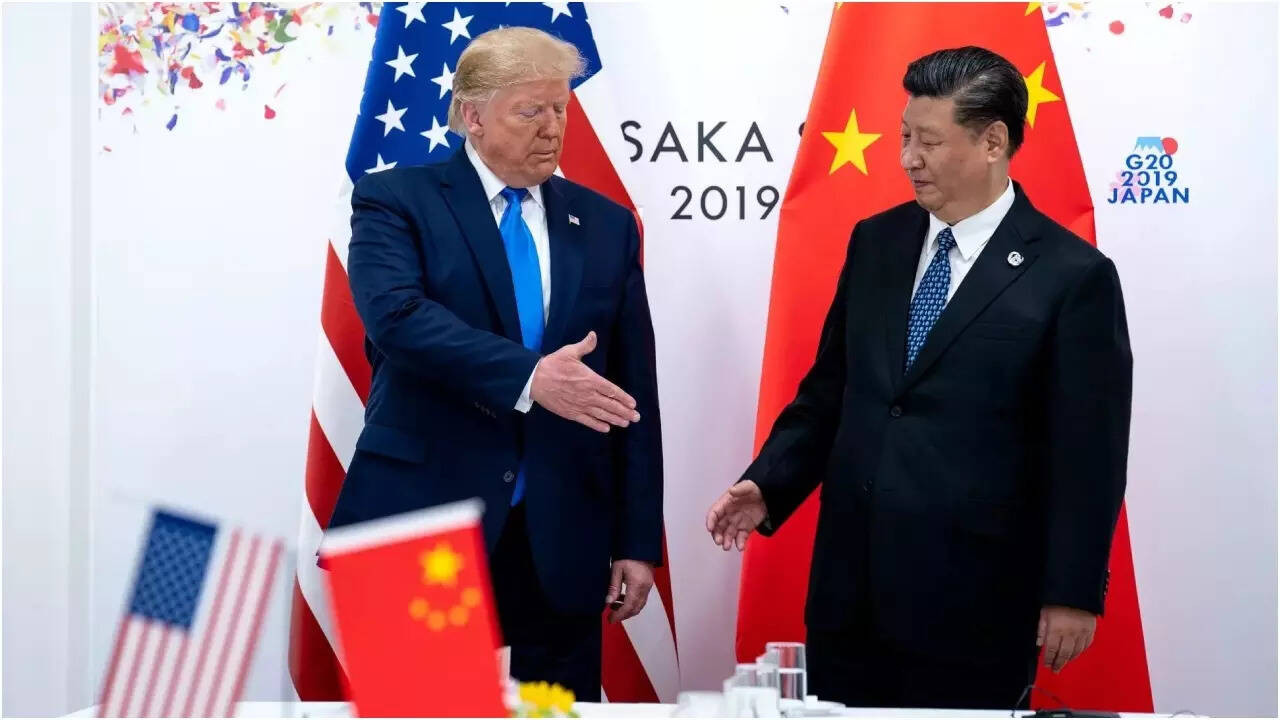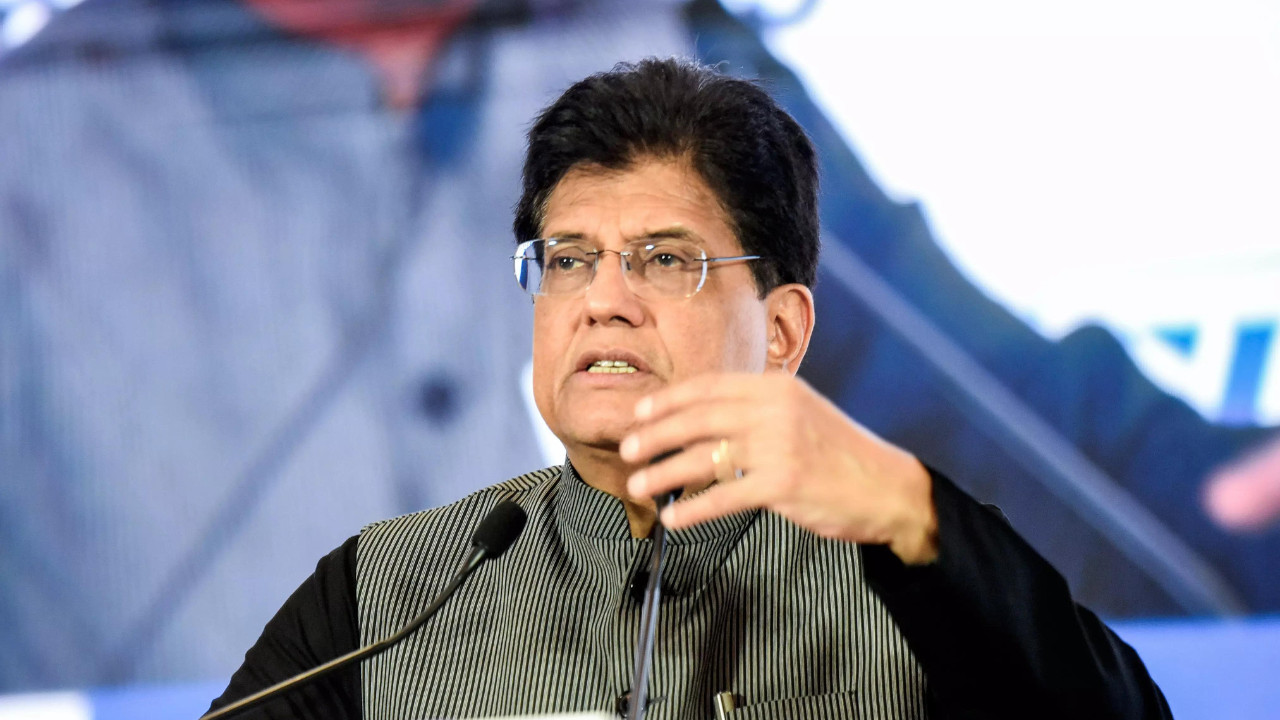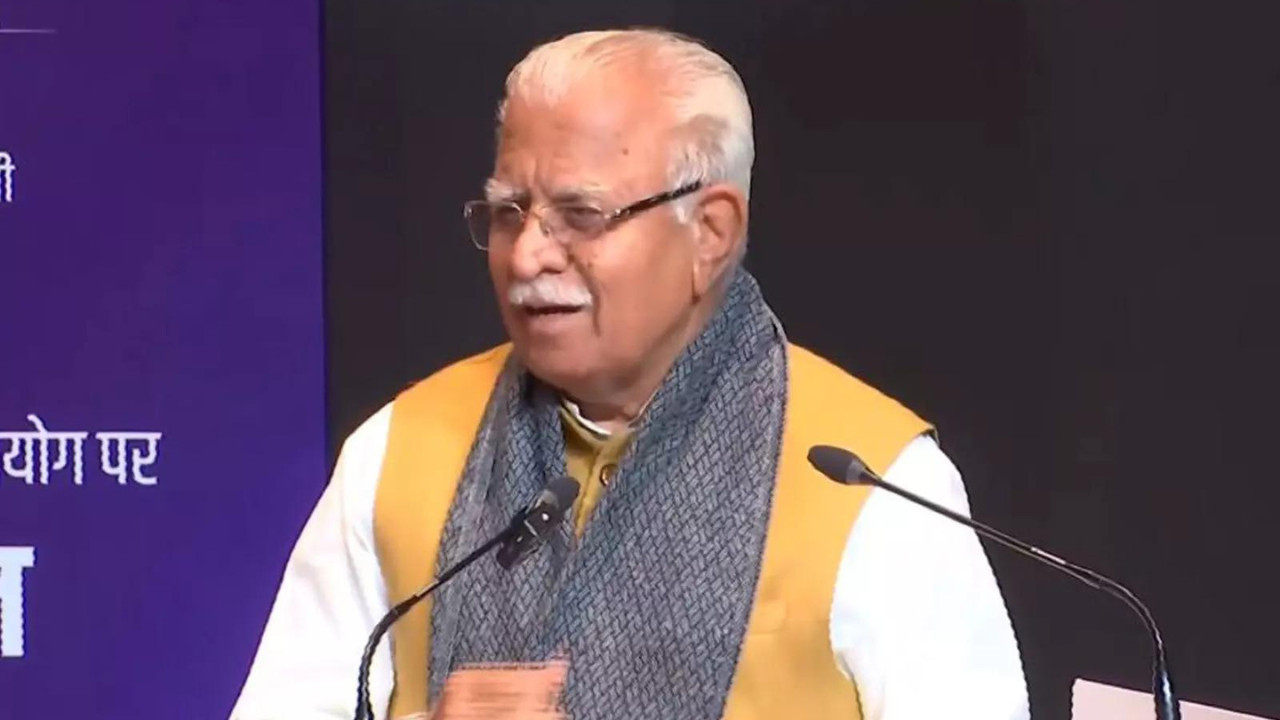China has refuted US accusations of violating a trade tariff reduction agreement reached in Geneva, dismissing them as “bogus charges and unreasonable allegations.” Beijing insists it is committed to the consensus, while criticizing the US for imposing discriminatory restrictions, including AI chip export limits and student visa cancellations.
The Trade Winds are Howling: China Responds to Trump’s Tariff Taunts
Okay, let’s talk trade. It’s a subject that can seem dry as dust, full of acronyms and jargon that make your eyes glaze over. But underneath the surface, the flow of goods and money between nations is a fascinating dance of power, influence, and, let’s be honest, sometimes, just plain old-fashioned squabbling.
Recently, the volume on this global trade tango got cranked up a few notches, thanks to some pronouncements from a familiar face: Donald Trump. He’s been revisiting his old hits, specifically, alleging that China is violating trade agreements with tariffs. China, predictably, isn’t taking it lying down. They’re pushing back, hard.
The core of the issue? Trump’s argument that China is unfairly imposing tariffs, essentially stacking the deck against American businesses. He paints a picture of unfair competition and economic disadvantage for the US, a narrative he’s honed over years. Now, back in the game, he’s clearly signaling a potential return to the tariff wars of yesteryear.
China’s response? A firm, unambiguous rejection. Their stance is that Trump’s claims are, well, let’s just say “not based in reality.” They frame it as an “unreasonable accusation” and are actively calling for a more collaborative approach, suggesting a focus on finding common ground. They want to talk, not to fight. And, frankly, who can blame them? Nobody really wins in a trade war.
Now, you might be thinking, “So what? Just another political squabble.” But the ripples from these kinds of disagreements can spread far and wide, impacting everything from the price of your new phone to the health of the global economy.
Think about it. Tariffs are essentially taxes on imported goods. If Trump were to reinstate or even increase tariffs on Chinese products, American companies that rely on those goods to manufacture their own products would face higher costs. Those costs often get passed on to the consumer in the form of higher prices. Suddenly, that new gadget or piece of clothing is a little less affordable.
It’s not just about consumer goods, either. Many American businesses export goods to China. Retaliatory tariffs from China could make those American products more expensive in the Chinese market, potentially hindering their competitiveness and impacting American jobs.
So, what’s driving this renewed interest in trade tensions? Election year politics is undoubtedly playing a role. Trade is a potent issue, easily packaged and presented to voters as a matter of national pride and economic security. Positioning oneself as tough on China is a time-tested strategy, particularly in certain demographics.
But there’s also a deeper strategic game at play. The global economic landscape is shifting. China’s economic power is undeniable, and the US is keen to maintain its own dominance. Trade becomes a key lever in this larger power struggle.
The Chinese are acutely aware of this. Their call for “common ground” isn’t just about avoiding immediate tariff hikes; it’s about shaping the future of the global trade system. They want to be seen as a responsible player, a proponent of free and fair trade, even as they compete for economic leadership.
It’s easy to get caught up in the headlines and the political rhetoric. But the reality is that trade is a complex, multifaceted issue with very real consequences for businesses and individuals on both sides of the Pacific. It’s not as simple as “us” versus “them.” Global supply chains are intricately interwoven, and disrupting them can have unintended and far-reaching effects.
So, what happens next? Will Trump double down on his tariff threats? Will China continue to push for dialogue and compromise? The answer, as always, is nuanced. There’s a good chance we’ll see a bit of both. Expect more posturing, more negotiating, and hopefully, ultimately, a resolution that avoids a full-blown trade war.
Because in the end, nobody truly wins in a global trade conflict. Instead of walls, bridges are what we need to ensure the exchange of goods and services are mutually beneficial to the global community.
📬 Stay informed — follow us for more insightful updates!







